Inventions have always played a crucial role in shaping human civilization, transforming the way we live, work, and interact with the world around us. From the printing press to the smartphone, these groundbreaking innovations have driven progress and sparked new eras of discovery and advancement. Each invention not only revolutionized its own time but also laid the foundation for future developments, influencing various aspects of modern society and contributing to the global technological landscape.
The Printing Press
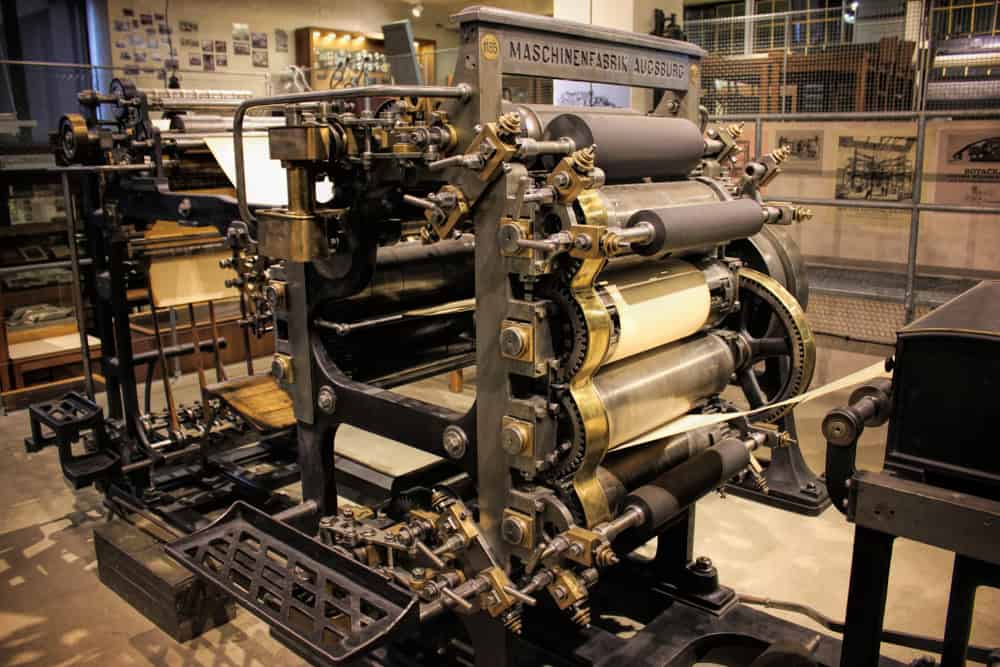
Invented by Johannes Gutenberg in the 15th century, the printing press revolutionized the way information was disseminated. It allowed for mass production of books and written material, making knowledge accessible to a broader audience and paving the way for the Renaissance, Reformation, and Scientific Revolution.
The Steam Engine
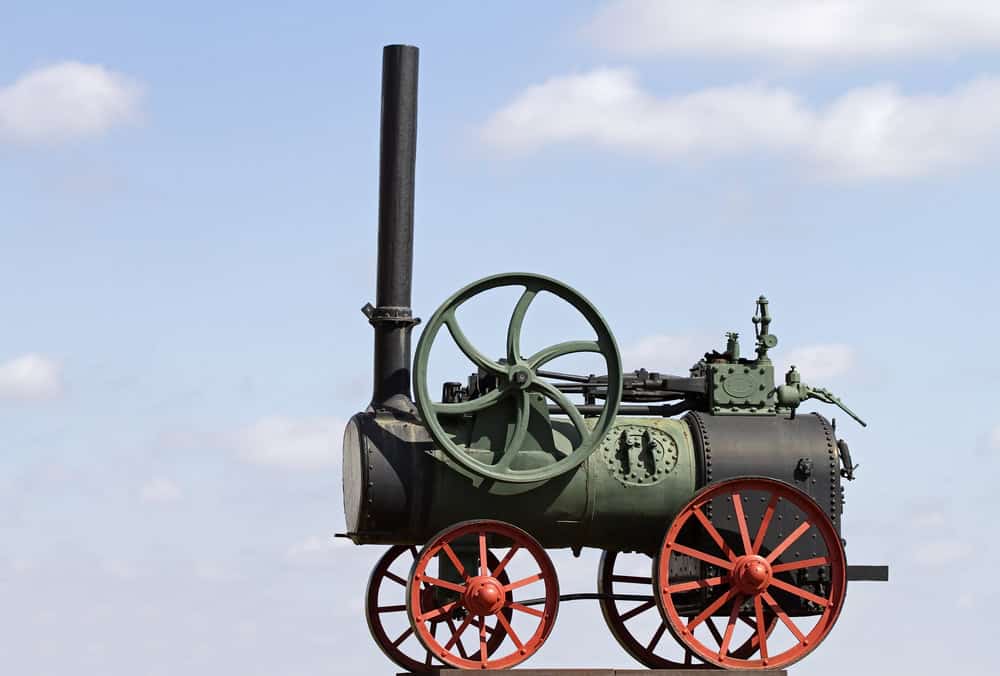
James Watt’s improvements to the steam engine in the 18th century spurred the Industrial Revolution. Steam engines powered factories, trains, and ships, transforming industries and transportation, and facilitating urbanization and economic growth.
Electricity

The development and harnessing of electricity by inventors like Thomas Edison and Nikola Tesla in the 19th century revolutionized daily life. Electric power enabled the invention of numerous appliances, lighting, and communication systems, fundamentally changing how people live and work.
The Telephone

Invented by Alexander Graham Bell in 1876, the telephone transformed communication by allowing people to speak to each other over long distances instantly. This invention laid the groundwork for the global communication networks we rely on today.
The Light Bulb

Thomas Edison’s invention of the practical incandescent light bulb in 1879 brought about significant social and economic changes. It extended productive hours beyond daylight, improved safety, and enhanced the quality of life.
The Automobile

The mass production of automobiles, pioneered by Henry Ford with the Model T in 1908, revolutionized transportation. Cars provided unprecedented personal mobility, reshaped cities, and contributed to the development of suburbs and infrastructure.
The Airplane

The Wright brothers’ successful flight in 1903 marked the beginning of modern aviation. Airplanes have since become crucial for global transportation, commerce, and military applications, shrinking the world and connecting distant regions.
The Internet

The development of the internet, originating from ARPANET in the late 20th century, revolutionized communication, information sharing, and commerce. It has transformed nearly every aspect of society, enabling the digital age and global connectivity.
The Personal Computer

The introduction of personal computers in the 1970s and 1980s, with companies like Apple and IBM leading the way, revolutionized how people work, learn, and entertain themselves. PCs brought computing power to the masses, sparking the digital revolution.
The Smartphone

The advent of the smartphone, epitomized by Apple’s iPhone in 2007, revolutionized communication, entertainment, and access to information. Smartphones integrate numerous technologies, such as cameras, GPS, and internet connectivity, into a single portable device.
The Microprocessor
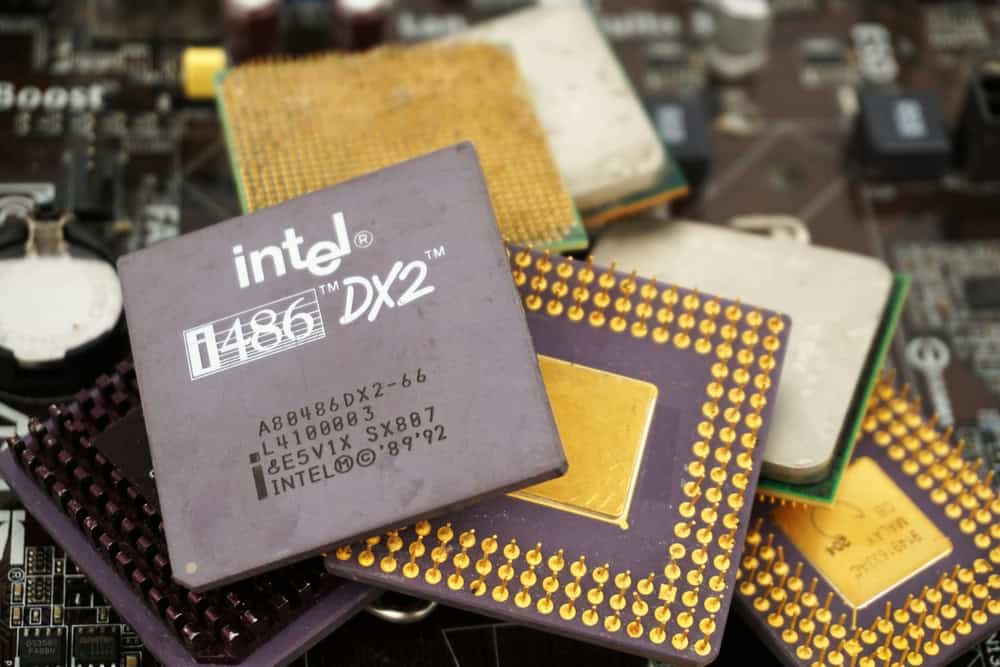
Developed by Intel in 1971, the microprocessor is the brain of modern electronics. It enabled the development of personal computers, smartphones, and countless other digital devices, driving the Information Age.
Antibiotics

The discovery of penicillin by Alexander Fleming in 1928 ushered in the age of antibiotics. These drugs have saved countless lives by treating bacterial infections, transforming medical practice and significantly improving public health.
The World Wide Web

Invented by Tim Berners-Lee in 1989, the World Wide Web revolutionized how information is shared and accessed on the internet. It has become an integral part of modern life, influencing everything from education to commerce.
Vaccines

The development of vaccines, starting with Edward Jenner’s smallpox vaccine in 1796, has eradicated or controlled many infectious diseases. Vaccination programs have saved millions of lives and remain a cornerstone of public health.
Nuclear Power
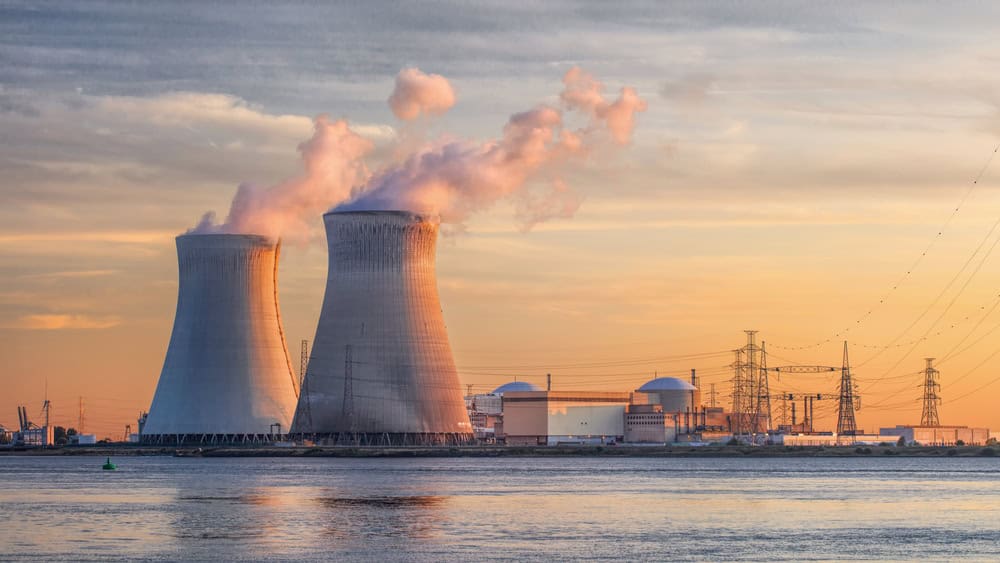
The harnessing of nuclear energy in the mid-20th century provided a powerful source of electricity. While controversial, nuclear power has the potential to produce large amounts of energy with low greenhouse gas emissions.
The Semiconductor

The invention of the semiconductor in the mid-20th century revolutionized electronics. Semiconductors are the foundation of modern electronic devices, including computers, smartphones, and numerous other technologies.
The Satellite
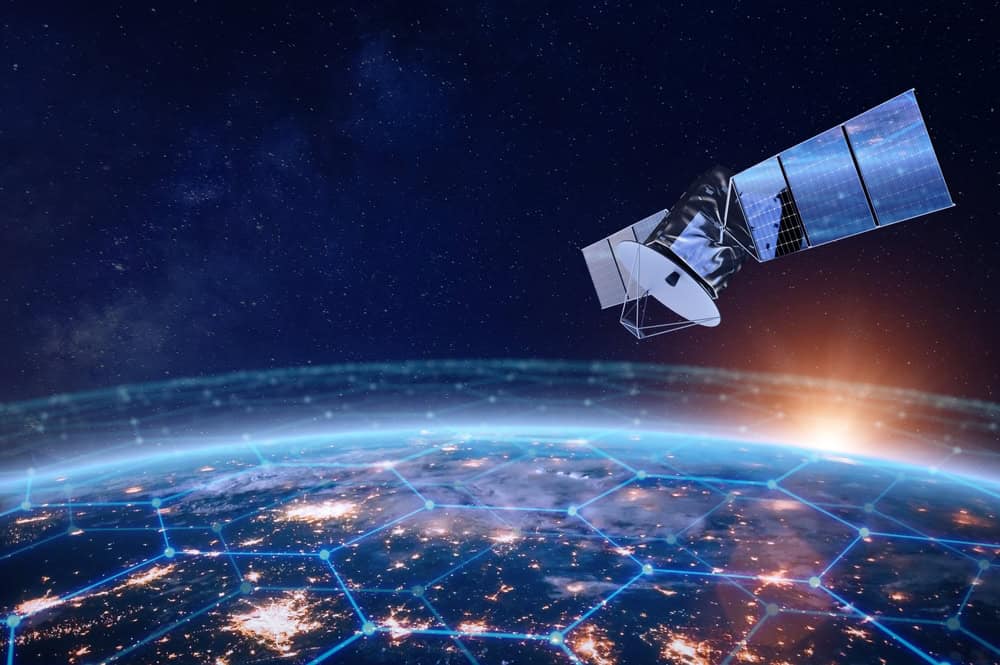
The launch of the first artificial satellite, Sputnik, by the Soviet Union in 1957 marked the beginning of the space age. Satellites have since become crucial for communication, weather forecasting, navigation, and scientific research.
The Internal Combustion Engine
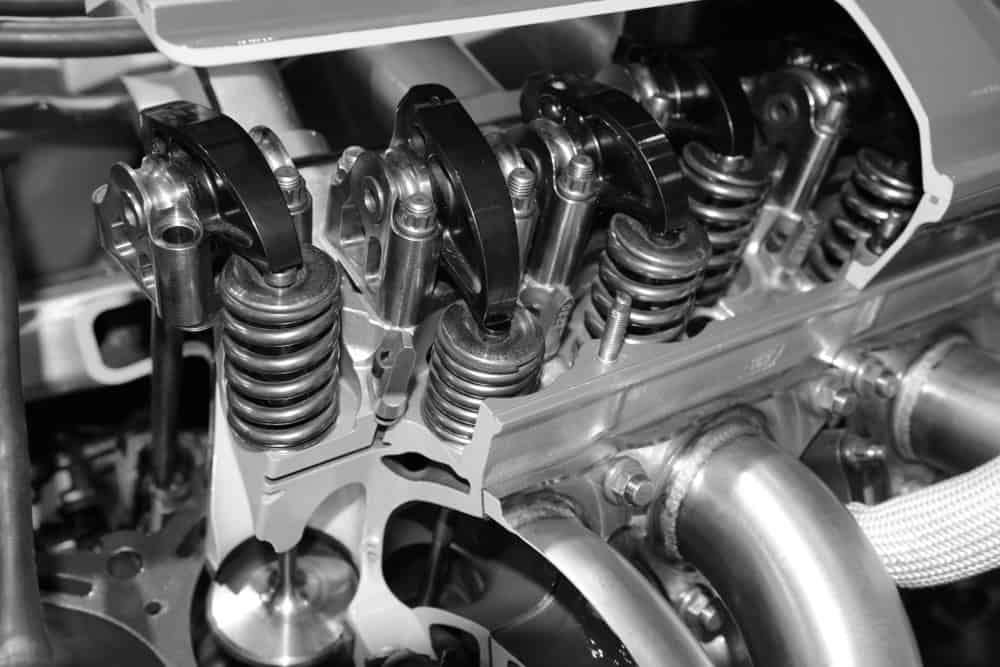
The internal combustion engine, developed in the late 19th century, powers most of the world’s vehicles. It revolutionized transportation, agriculture, and industry, contributing significantly to modern society’s development.
Genetic Engineering
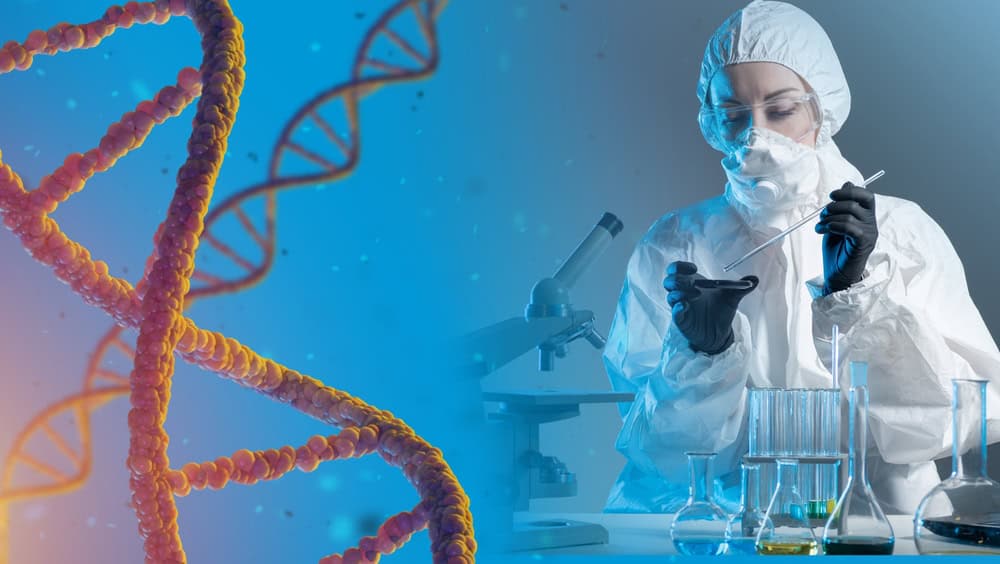
Advances in genetic engineering, particularly since the 1970s, have transformed medicine, agriculture, and biology. Techniques like CRISPR allow for precise manipulation of DNA, offering potential cures for genetic diseases and improved crops.
Renewable Energy Technologies

The development of renewable energy technologies, such as solar panels and wind turbines, has the potential to transform the global energy landscape. These technologies offer sustainable alternatives to fossil fuels, addressing climate change and promoting environmental sustainability.
This article originally appeared on Rarest.org.
More From Rarest.Org
When considering adding a small dog to your family, the price tag might be a surprise. Many small dog breeds are not only sought after for their compact size and adorable looks but also come with a significant cost. Read more.
Wagyu beef, renowned for its luxurious marbling and unparalleled tenderness, stands as the epitome of high-quality meat. Originating from Japan, where meticulous breeding techniques and careful feeding regimens elevate its flavor and texture, Wagyu has garnered a global reputation. Read more.
When it comes to luxury shopping, the world’s most expensive fashion stores are not just about clothing; they are about the experience of opulence and exclusivity. From the plush interiors to the impeccably tailored collections, these stores offer high-end fashion from iconic brands like Chanel, Hermès, and Gucci. Read more.



